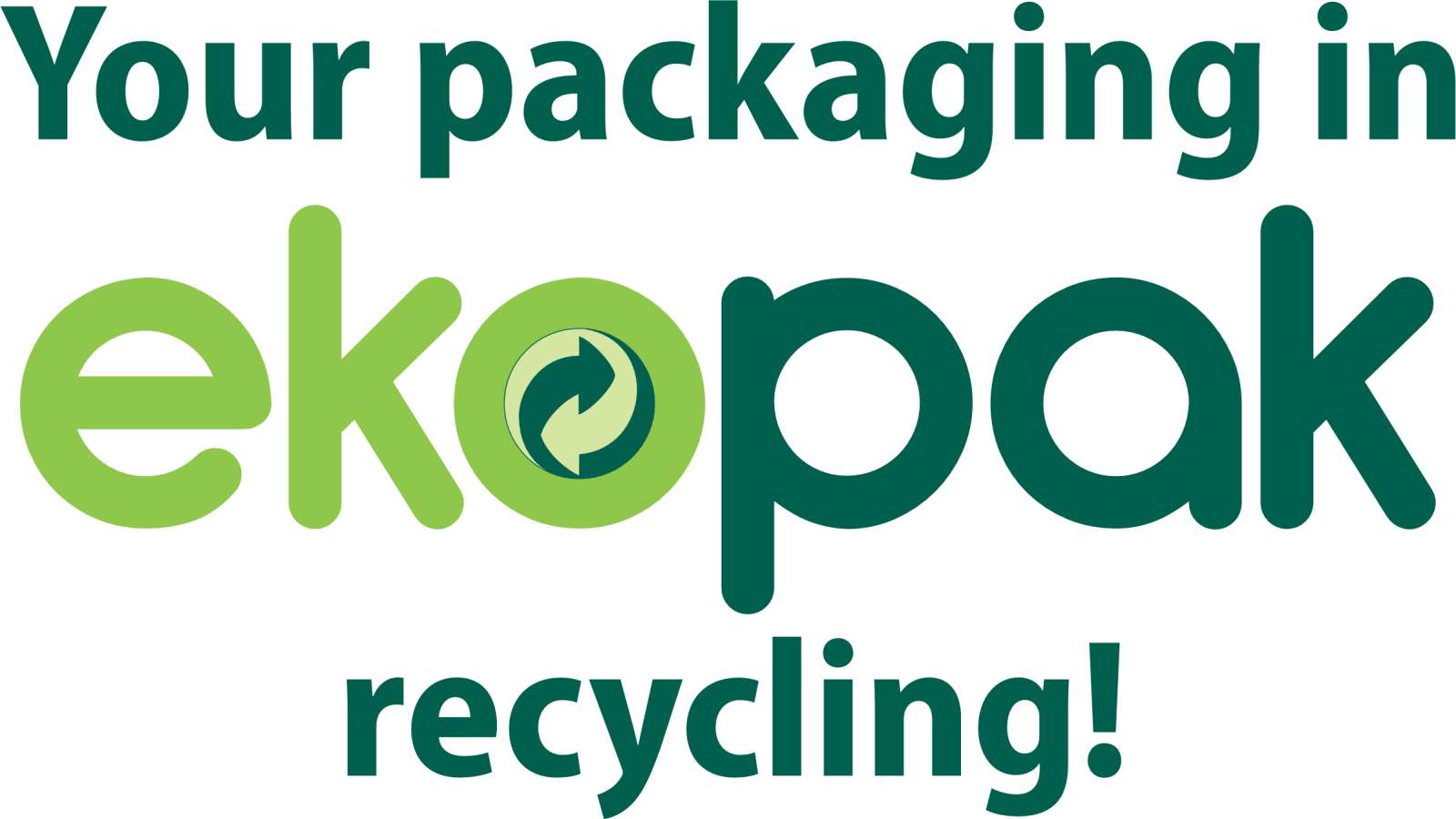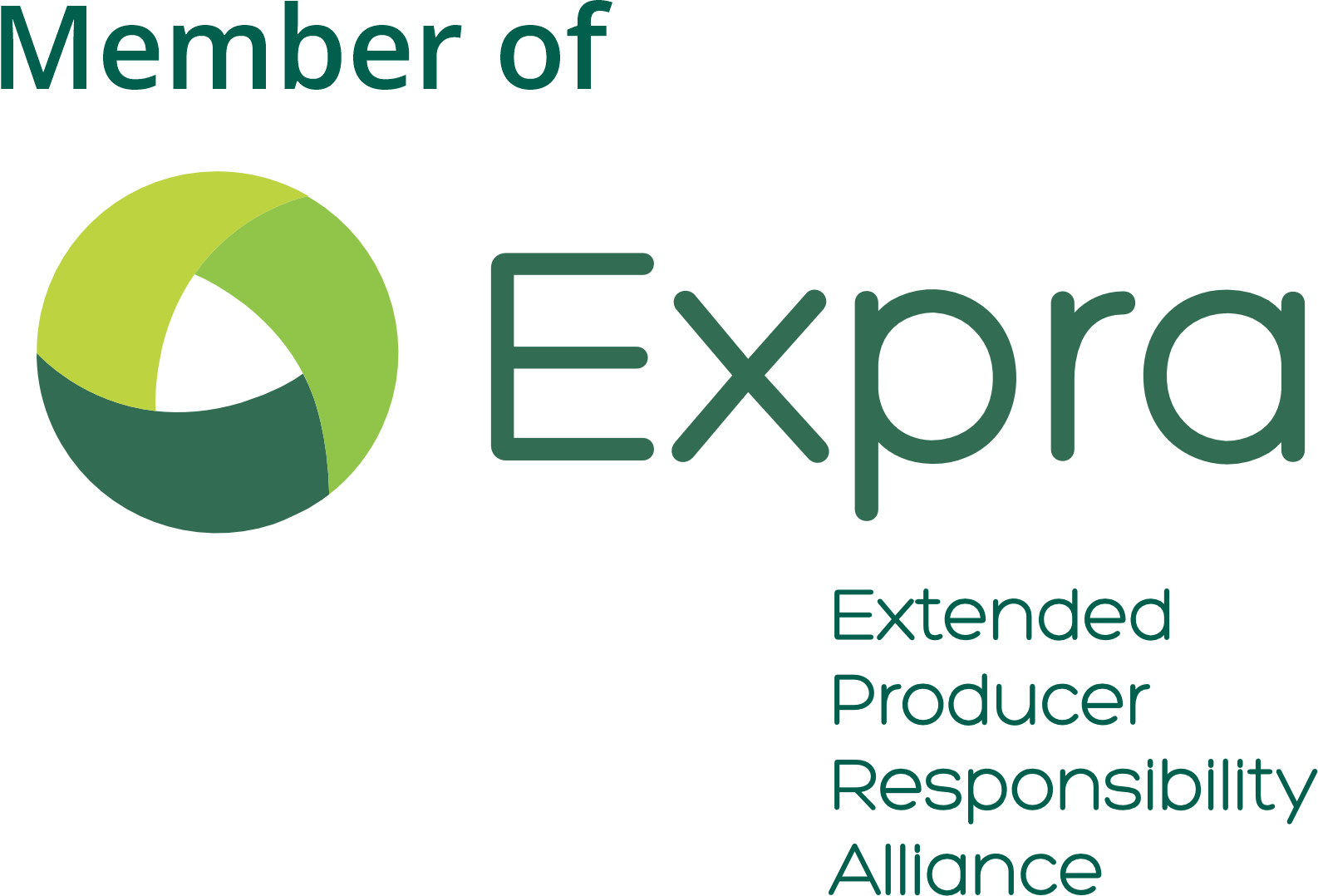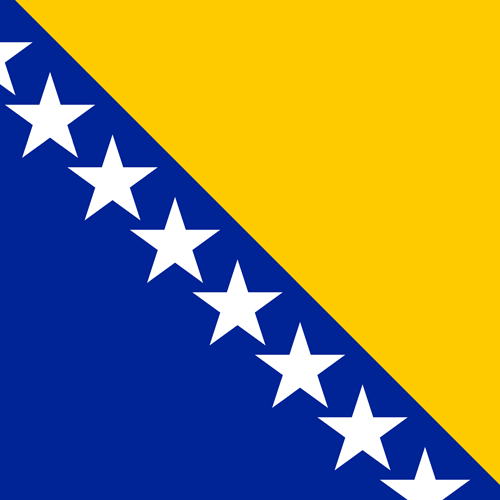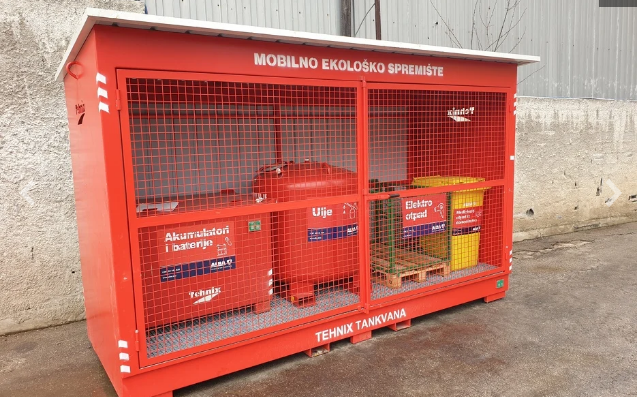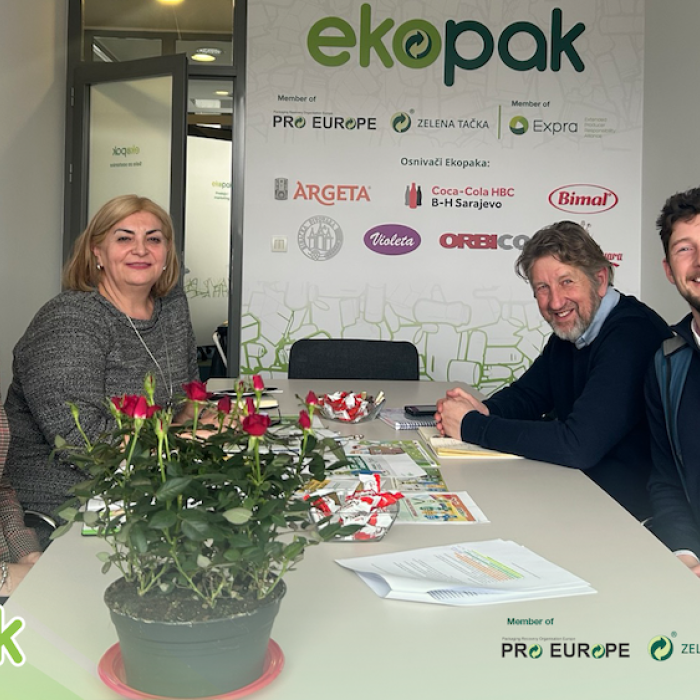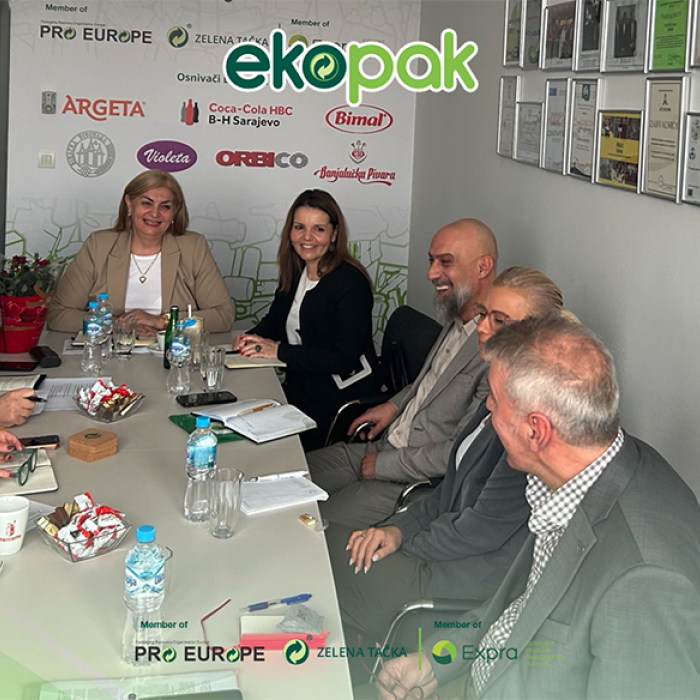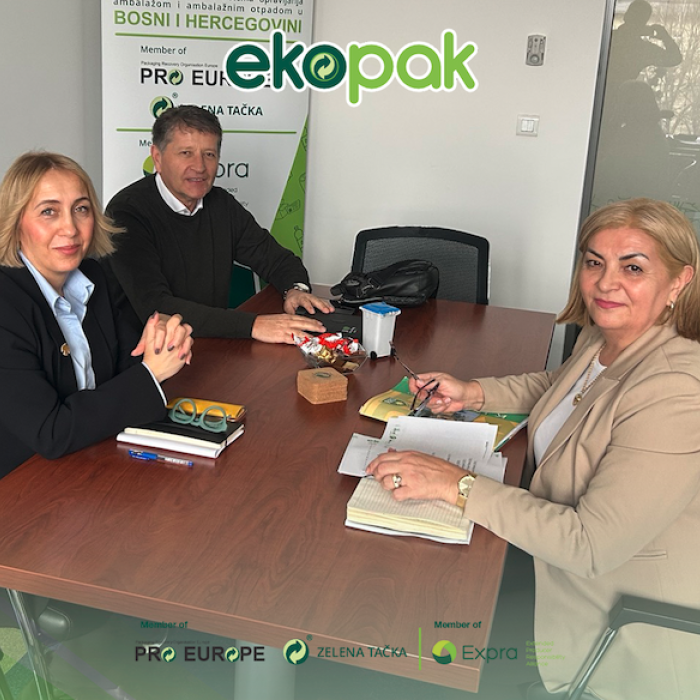With the support of Germany, cities across the Balkans with BFC certifications are attracting three times more investment
In cooperation with GIZ, EKOPAK from BiH, SEKOPAK from Serbia and PAKOMAK from Northern Macedonia recently launched a joint project to enable financially efficient glass recycling value chains in these countries. Together with BFC network partners from South East Europe, the project will develop and test municipal models for the establishment of appropriate waste glass collection systems.
How to join cities that have tripled new investments? Zenica, Tuzla, Banja Luka, Veles, Podgorica, Novi Sad and Leskovac are just some of the cities that have been awarded BFC (Business Friendly Certificate) certificates of business openness.
These cities have gone through a complex certification process, created partnerships between the private and public sectors, and improved the local business and investment environment (see: www.bfc-see.org). Compared to non-certified cities and municipalities, according to a study from previous years, BFC cities attract three times more investment.
The BFC network was established with the exceptional support of Deutsche Gesellschaft für Internationale Zusammenarbeit (GIZ) GmbH, a project of the Open Regional Fund - Modernization of Municipal Services (ORF MMS). One of the excellent GIZ development instruments that ensures long-term investment in BFC-certified municipalities, while creating development partnerships between the private and public sectors, is the develoPPP.de program. This program is just one of a series of instruments of cooperation with companies involved in the practical work of the BFC network and is an integral part of the entire network. In this way, it contributes to existing private investments, while at the same time technical and advisory assistance is provided through the development cooperation program develoPPP.de. The ultimate goal of this initiative is to improve and harmonize business conditions in the region, strengthen the region's investment reputation, economic cooperation and sustainable development. There is now healthy competition in the region, which encourages further investment by domestic and foreign private firms. In this way, it helps to create new jobs and strengthens the purchasing power of citizens. Cities and municipalities, at the same time, generate higher revenue inflows.
GIZ supports the engagement of private companies from the region through the develoPPP.de program. Funding is provided by the German Federal Ministry for Economic Cooperation and Development (BMZ), with the aim of greater involvement of the private sector in development initiatives and business opportunities. The goal of the program is to combine innovative ideas of companies with commercial interests, with long-term benefits for the local population.
For example, the German company ALBA opened a waste recycling company in Zenica in 1999, which became a pioneer in the region in modern recycling systems for waste management. The company has created 144 new jobs, and with the support of GIZ, various modern hazardous waste collection points have recently been established in Zenica, thus supporting the activities of the company and the municipality on environmental protection. ALBA Zenica d.o.o. entered into a partnership with GIZ through the develoPPP.de program and project "Establishment of a special waste management system in two regions of Bosnia and Herzegovina" on December 15, 2018.
On this occasion, Damon Karić, President of the Management Board of ALBA Zenica d.o.o. points out: "The preparation and implementation of a joint project with GIZ has animated us to consider in more detail the business opportunities for managing special or hazardous categories of waste. ALBA Zenica Ltd. is traditionally referred to municipal waste and secondary raw materials. The experience and knowledge we have enriched in the implementation of the Project so far will significantly help in making future business decisions and their implementation. , REZ Agency, as well as introduction and active cooperation with companies and institutions dealing with waste management in Zenica-Doboj and Central Bosnia Canton ".
Another example is Hydro-Comp Enterprises Ltd. (HCE) from Cyprus (see: www.edams.com), which together with GIZ is implementing a major five-year IT project to provide technical assistance and capacity building in water supply management in all six economies of the Western Balkans. This joint project contributes to better management of existing public water supply assets in the region, including the issue of water loss. Public water companies that need capital investment for modernization, by participating in the program, are better prepared and have easier access to investment.
Furthermore, in cooperation with GIZ, EKOPAK from Bosnia and Herzegovina, SEKOPAK from Serbia and PAKOMAK from Northern Macedonia recently launched a joint project to enable financially efficient glass recycling value chains in these countries. Together with BFC network partners from South East Europe, the project will develop and test municipal models for the establishment of appropriate waste glass collection systems. Based on the results, guidelines with the best experiences will be distributed to other municipalities in the region. Partnerships show very positive results for both companies and the public sector, and at the same time common development goals are achieved.
In the summer of 2019, GIZ established a Regional Service Center for Cooperation with the Private Sector in Southeast Europe, based in Sarajevo, which promotes GIZ instruments to help the region, with a special focus on develoPPP.de programs, available to domestic and European companies. If a company has special needs for the implementation of an innovative project that brings long-term benefits of sustainable development for the country (or region), and at the same time is ready to invest in that project, now has the opportunity to send such a project idea to the develoPPP.de program. All project ideas go through a selection process in accordance with established criteria. If the project is selected, technical support and additional funds (on average up to 50% of project costs) can be provided by GIZ. Projects within the develoPPP.de program range from 100,000 to 2 million euros, with a project duration of up to 3 years. This is one of the largest programs in the region in the last few decades of this type.
Not all the consequences of the COVID-19 pandemic can be predicted yet, but it is already clear that the private sector in the Western Balkans is facing enormous difficulties. The dramatic decline in exports and demand, especially in the automotive industry, the uncertain future of tourism, the weeks of empty desks, pose a huge challenge for many companies in the region.
The Regional Service Center will continue to cooperate in the region to encourage private sector participation in areas where business opportunities and development goals complement each other.
Contact krunoslav.rasic@giz.de or visit www.developpp.de.
